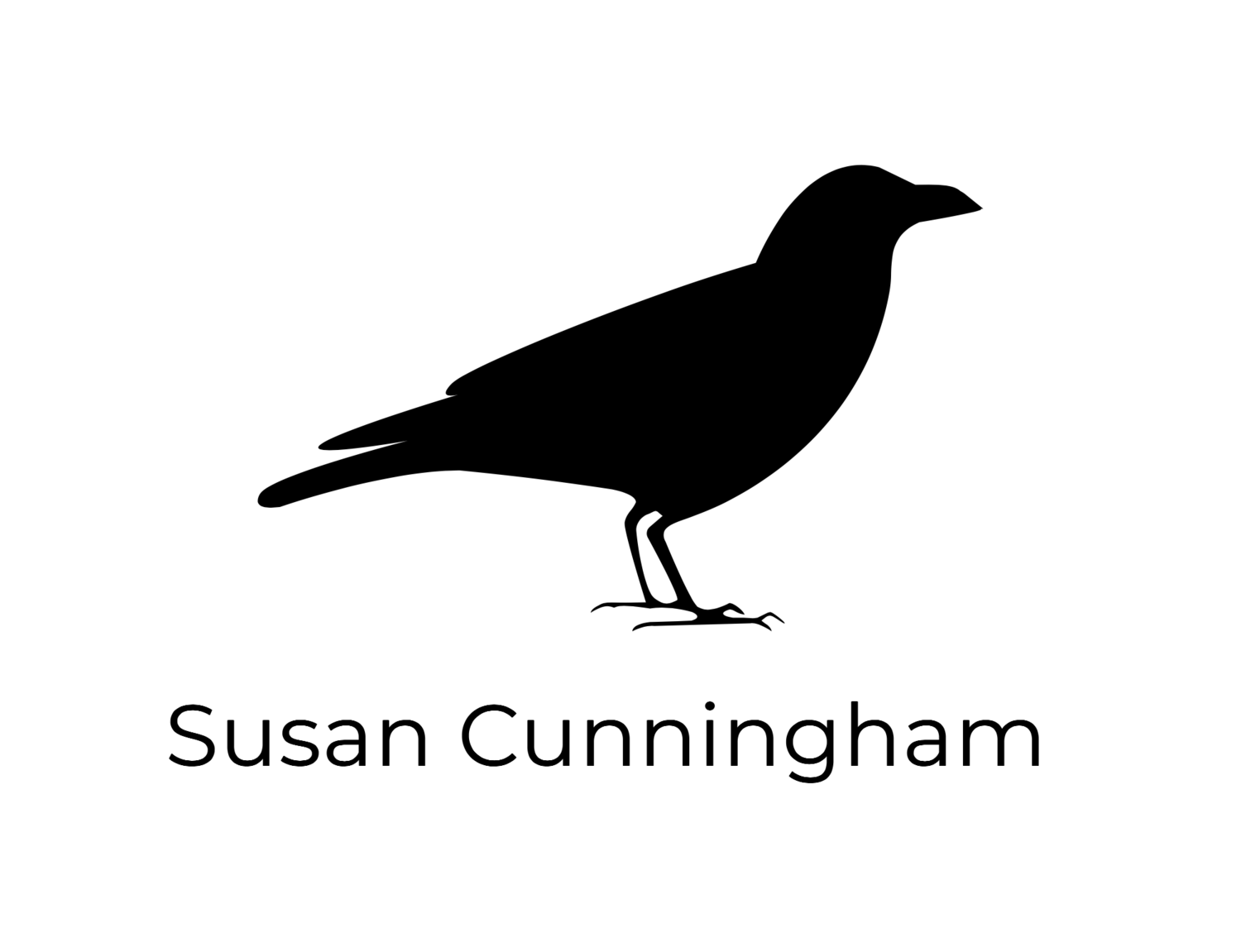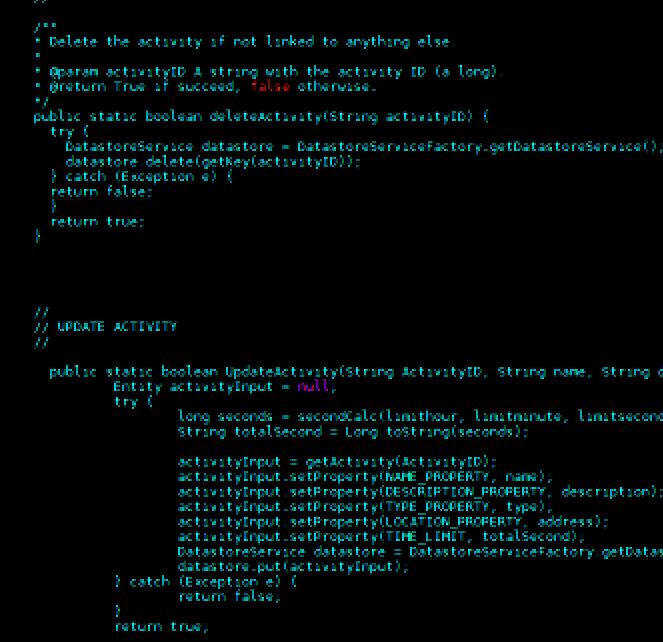I'm thrilled to welcome my very first blog guest - and even better that it's my own sister. Karen is a Linux Cloud Support Engineer at Amazon Web Services, a subsidiary of Amazon (ever heard of them?) and spends her days coding her way around various projects. Check out what got her into computers below.
This is the first in a series of blog interviews I hope to do with people in science, tech, engineering and math (STEM). If you would like to be spotlighted or know anyone who might be interested, let me know!
1. Describe what you do: Currently, I maintain an Amazon Web Services database, as well as an internal website I developed that provides data analytics to help make decisions on where to improve and focus efforts. Creating the website was a big accomplishment for me because I wrote it in the language Ruby on Rails, which I had never used before. I also write scripts in Bash, Ruby and Python (all good languages to learn if you want to get into tech) for automating tasks.
2. How and why did you get into this field? This sounds silly, but watching Angelina Jolie in the 1995 movie Hackers inspired me to get into technology. It was eye-opening at the time to see how much of an impact computers have on our society. Computers give everyone – including people who were born into difficult circumstances – the chance to teach themselves all kinds of skills, including technology, and even become billionaires and/or make great discoveries and contributions to science in the process.
3. Describe an interesting application of your field: There’s a Linux-based operating system for phones and tablets (NetHunter) that lets people do pen-testing (or ethical hacking) from their mobile devices. It’s much more discrete. Occasionally when I see someone glued to an android phone or tablet, I wonder if they might be using NetHunter to test out some ethical or not so ethical hacking techniques.
4. What’s your typical workday like? Nerf gun wars, petting cute dogs people bring into work, coding my website, crashing my website and breaking my computer. I also go to meetings and resolve issue tickets. And I code a lot. Sometimes I code all day, then when I get home, I code some more. It gets addictive when you’re trying to get something to work.
5. Do you have any favorite scientists, engineers, programmers? Linus Torvalds is awesome. He wrote an entire operating system kernel that became the Linux Kernel at the age of 21. He’s a great example of someone who changed technology at a young age using computers along with his knowledge, innovation and persistence. (And also became a multi-millionaire.) I love that he made his operating system, Linux, open source so anyone could view it and contribute to it. I think open source is cool since it’s customizable, very powerful and usually free. It fosters innovation and allows people to share ideas. Everyone can learn from it and be inspired by it. Just like anyone can read a copy of one of Shakespeare’s plays and get inspired.
Code. It can be like... art.
6. What’s an equation or discovery that you really love, and why? Compassion is a form of intelligence. This is important to remember with the development of artificially intelligent machines. Just because you create something with artificial intelligence, there’s no guarantee it’s going to be compassionate. The movie “Transcendent Man”gets to that idea, that if we create machines that are billions of times smarter than us, they might see us as mosquitoes and wipe us all out.
And quantum physics is exciting and interesting to me because it makes no distinction between past present and future, which has some fascinating implications. For instance, if it’s true, it means everything is happening at once, that time is a human construct.
7. Any favorite quotes, movies or books? Quote: "The map is not the territory." Movie: Cloud Atlas. Book: anything by Ursula le Guin
8. How has your working computers helped you with a "real life" problem? Before I got into technology, I was scared to fix anything - from a remote control, to a computer, to the dishwasher - because I was worried that I'd break it. Now, working in this field, I see that everyone ends up breaking things. That's just part of the process, and a lot of times, that's the most powerful way to learn. And, if you never try, you'll never fix anything. So that's helped me try.



